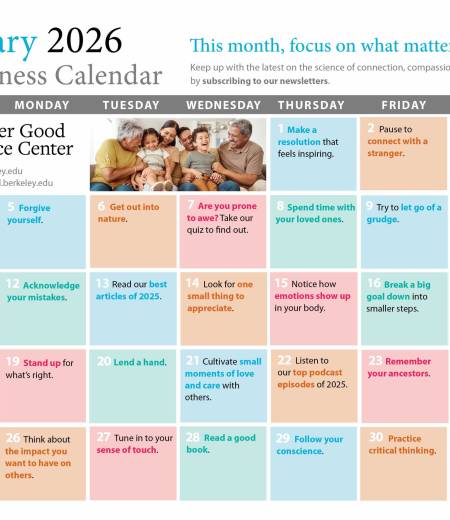With everything they have to learn—from anatomy to pharmacology—medical students don’t always have time to refine their patient communication skills. However, new research suggests that physicians who don’t develop these skills in medical school may generate more patient complaints and provide worse care.
Researchers in Canada examined how 3,424 recent medical school graduates scored on a test measuring clinical exam skills, including their ability to communicate with patients. The researchers then compared those scores with the number of complaints filed by patients against the doctors over the next two to 12 years. Not surprisingly, physicians who performed very poorly on the standardized clinical-skills evaluation were the ones most likely to have complaints filed against them later; more than 80 percent of these complaints concerned their communication skills and the overall quality of their care.
 © Images.com/Corbis
© Images.com/Corbis
The results of this study, published in September in the Journal of the American Medical Association, suggest that doctor-patient communication is vital to providing high-quality medical care. Furthermore, this work shows that schools can detect early on which doctors will have the most trouble communicating with their patients.
Fortunately, other research indicates that it’s possible to teach interpersonal skills to young doctors. In a study recently conducted at Virginia Commonwealth University (VCU), faculty on the university’s “Theater-Medicine Team” worked with medical residents to highlight the role of empathy in fostering trusting doctor-patient relationships. During four workshops led by theater professors, the residents learned “active listening” skills, such as connecting a patient’s experience to their own and acknowledging the patient’s emotions. The theater faculty also emphasized the importance of nonverbal communication, including eye contact and open body posture. Once the workshops ended, the medical residents’ interpersonal skills were evaluated while they treated their patients. Compared to a control group that hadn’t undergone the training, the theater group scored significantly higher on measures of empathic communication, nonverbal communication, and respect for patient dignity.
These findings suggest that even brief communication training can help improve the quality of care doctors give to their patients. Alan Dow, the VCU study’s lead author, notes that when interacting with patients, “doctors need to put aside their analytical selves and realize that patients just want to talk to human beings.” To improve doctor-patient communication, Dow suggests a mandatory clinical-skills exam that all physicians would be required to complete periodically, similar to getting recertified in CPR. That way, says Dow, doctors could get regular feedback on how they are presenting themselves to their patients.




Comments